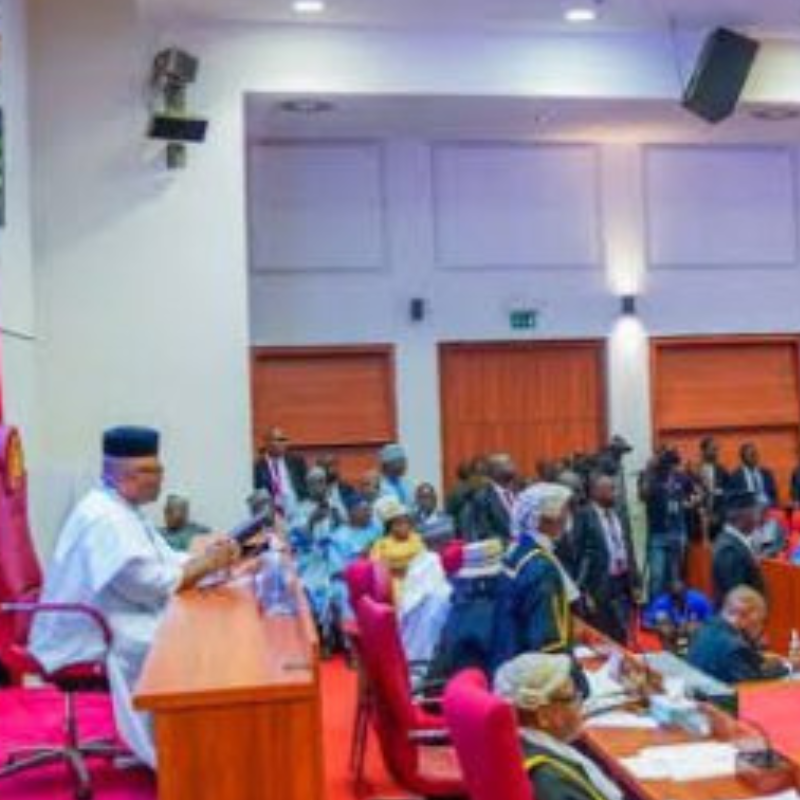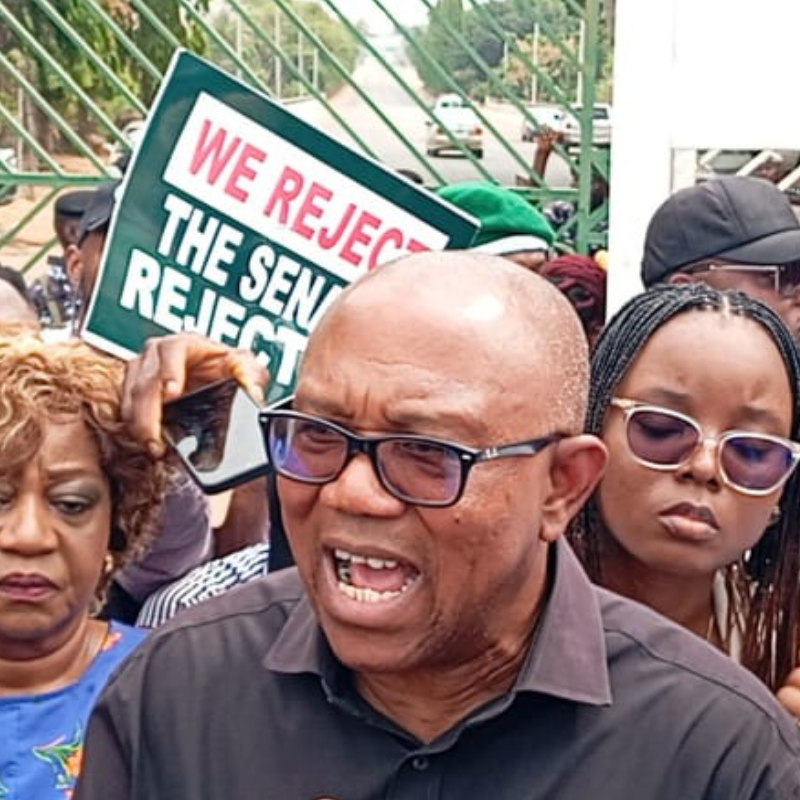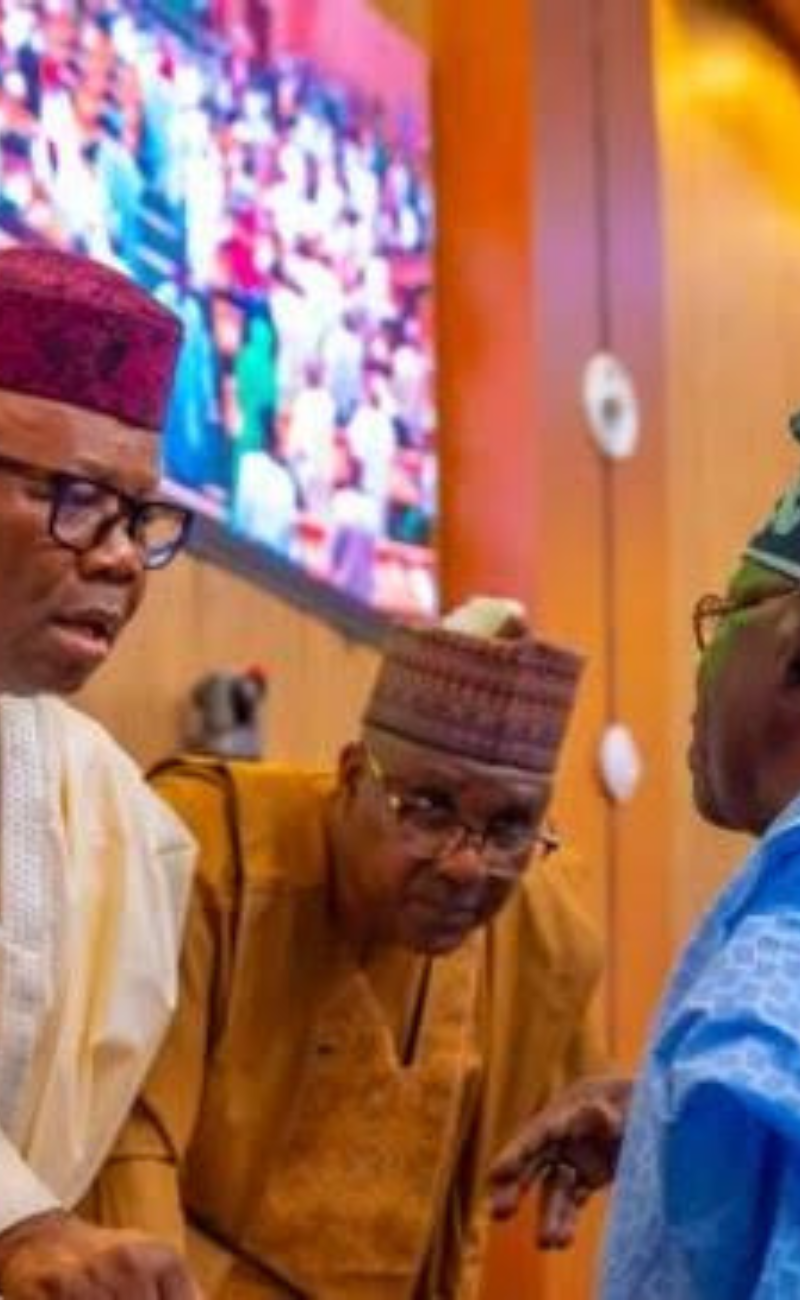This episode of the Gender Equality and Social Inclusion (GESI) tracker edition focuses on a critical question: will key GESI bills survive as lawmakers shift toward the political calendar?
![]()
Introduction
As lawmakers resume legislative activities after their annual recess, attention is turning to the fate of key bills that have the potential to reshape Nigeria’s democratic inclusiveness. Among these are the long-debated Sexual Harassment Bill (which was introduced in the 8th and 9th assemblies) and the Bill for Special Seats for Women in Parliament (which was first introduced in the 9th assembly), both of which carry far-reaching Gender Equality and Social Inclusion (GESI) implications.
Yet, the timing could not be more delicate. The 10th assembly is now halfway through its lifespan. By 2026, legislative focus will gradually shift toward the political campaigns leading to the 2027 general elections.
This raises a pressing question: will these GESI bills scale through before electioneering takes precedence, or will they be lost once again to the familiar cycle of unfinished business?
The Political Timing Dilemma
Nigeria’s legislative history shows a troubling trend: bills that are controversial, reform-oriented, or politically sensitive often stall when lawmakers start to prioritize electoral survival. The closer the country moves toward elections, the less appetite there is for debating legislation that challenges entrenched norms, such as gender equality quotas or protections against sexual harassment in public institutions.
Already, many of the most critical GESI bills have been introduced in earlier assemblies, some dating as far back as the 8th assembly, yet they have consistently failed to secure passage. The Special Seats for Women Bill, for example, has been reintroduced without success. Similarly, the Sexual Harassment in Tertiary Institutions Bill continues to resurface but never makes it past the final hurdles.
With lawmakers now midway into their four-year tenure, the window for meaningful legislative action is narrowing. From 2025 into 2026, political discourse will become dominated by party primaries, campaign strategies, and constituency politics. In such an environment, bills requiring deep debate and strong political will, like GESI reforms, risk being sidelined.

Read Also: Analysing Bills on Inclusivity in Politics and Governance | GESI Tracker
What This Means for GESI Advocacy
The uncertainty surrounding these bills underscores the importance of strategic advocacy and sustained pressure in the coming months. Civil society organisations, media, and development partners cannot afford to wait. If GESI bills are to stand a real chance, the following steps are crucial:
- Fast-Tracking Legislative Action: Committees handling GESI-related bills must prioritise reports and recommendations, pushing them quickly to the floor for debate and passage.
- Identifying Legislative Champions: Lawmakers, both male and female, who have shown consistent interest in GESI issues, such as Rep. Kafilat Ogbara (APC, Lagos), Rep Benjamin Kalu (APC, Abia), Rep Abbas Tajudeen (APC, Kaduna), Sen Ireti Kingibe (LP, FCT) must be empowered to lobby their colleagues and keep the bills alive.
- Public Mobilisation: Sustained media coverage and grassroots advocacy are essential to generate public pressure on legislators to treat these bills as urgent, not optional. Such a campaign is the reservation of special seats for women.
- Framing as Legacy Issues: GESI bills should be positioned as opportunities for the 10th assembly to leave behind a legacy of inclusiveness. This framing appeals to lawmakers’ desire for long-term recognition beyond electoral cycles.
Conclusion
The resumption of lawmakers after recess provides a fresh opportunity to push GESI bills toward passage, but time is no longer on the side of reformers. Unless deliberate steps are taken to fast-track these bills, the political shift toward the 2027 elections may consign them, once again, to the backlog of unpassed legislation.
The stakes are high: passing the Special Seats for Women Bill would mark a historic step toward gender balance in Nigeria’s democracy, while the Sexual Harassment Bill would protect thousands of women and girls in educational spaces. The question is whether the 10th assembly will seize this moment to act, or whether Nigeria will have to wait yet again for promises of inclusion to become reality.




